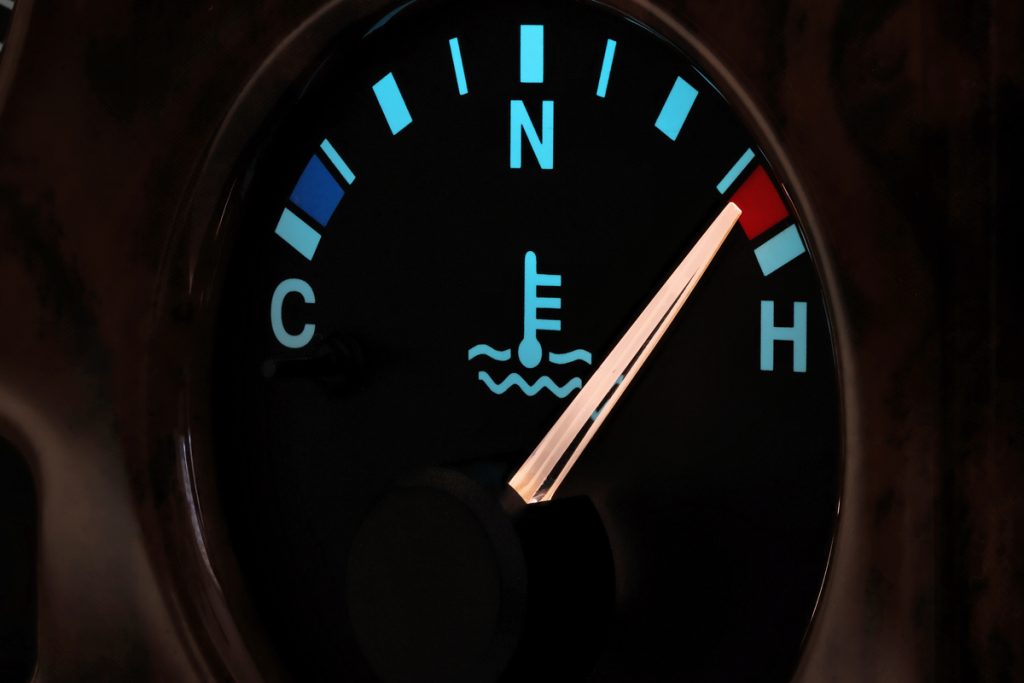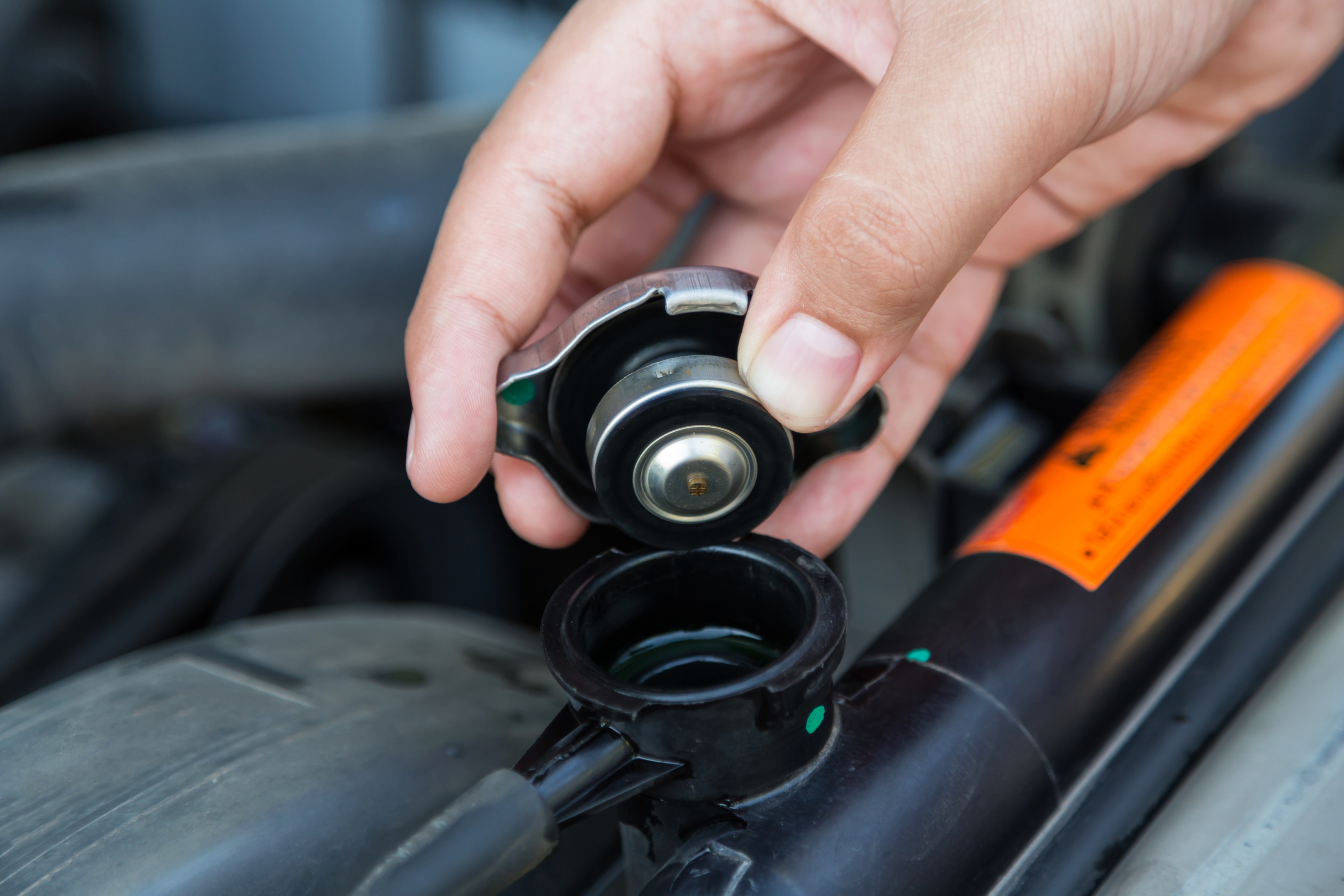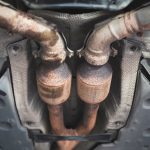Are you wrestling with the exasperation of your car overheating? Worry not, as unraveling the root cause of this issue is often the key to resolving it. In this article tailored for Louisville INFINITI, we’ll delve into common reasons behind car overheating, including coolant and radiator issues, faulty thermostats, worn-out water pumps, and cooling system problems.

Unveiling the Causes of Car Overheating
When your engine runs too hot, it raises concerns about potential engine damage or failure. Timely identification and resolution of the overheating issue are crucial.
Faulty Hoses, Blocked Vents, and Thermostat Malfunction
Faulty hoses, blocked vents, and thermostat malfunctions are common culprits behind overheating. Cracks in rubber hoses can lead to coolant leaks, causing a shortage of fluid and increased engine temperature. Ventilation blockages prevent effective air escape, contributing to overheating. A malfunctioning thermostat may fail to open properly, hindering coolant flow to the radiator.
To diagnose overheating, visually inspect major components like belts, hoses, fans, and radiators for wear or damage. Regularly check coolant levels, and conduct a test drive to rule out other issues. If temperatures remain extreme, seek professional help for a comprehensive inspection.

Coolant and Radiator Issues
Coolant and radiator problems are often at the heart of car overheating. Leaking hoses or a blocked radiator can lead to coolant shortages and reduced heat dissipation, respectively.
Regularly check coolant and radiator levels, inspecting hoses for damage. Ensure radiators are free from debris, and promptly address leaks or blockages. Periodic maintenance, including flushing old coolant and using approved antifreeze, helps prevent severe issues.
Faulty Thermostat
A faulty thermostat can disrupt the cooling system, contributing to overheating. Check fan belt tension for optimal air flow and inspect radiators for obstructions. The thermostat regulates coolant temperature; a malfunction can impede flow, resulting in elevated temperatures.
Monitor your vehicle’s operating temperature gauge and consult a mechanic if temperatures remain high. Replacing a faulty thermostat restores normal operation and prevents further damage.
Worn-Out Water Pump
A worn-out water pump can compromise engine operation, causing overheating. The water pump circulates coolant to maintain a stable temperature. Damaged seals or hose blockages can reduce coolant circulation, leading to increased temperatures.
Check for leaks, hose blockages, and worn seals. Verify fan functionality for efficient temperature regulation. If issues persist, consult a professional mechanic for swift diagnosis and effective repairs.
Cooling System Problems
Inefficient cooling systems pose a risk of serious engine damage. Leaking hoses and faulty fans are common issues leading to overheating.
Inspect all cooling system components regularly, checking hoses, radiators, water pumps, and thermostats for wear. Secure hoses tightly, replace damaged fan belts, and monitor warning lights. Ensure sensors function properly, and address faulty wiring or loose connections promptly.
Frequently Asked Questions
How much does it cost to fix a car overheating issue?
Costs vary based on the underlying issue. Regular maintenance, including checking hoses and belts, can help avoid expensive repairs. For complex problems, labor costs range from a few hundred to several thousand dollars.
What are the long-term effects of an overheating car?
Allowing a car to overheat can cause serious engine damage, including warping and cracking of components, coolant leaks, and subsequent problems. Prompt action is essential to prevent costly repairs.
Should I attempt to fix an overheating car myself?
While DIY repairs can be cost-effective, they carry risks of incorrect execution and further engine damage. Weigh the costs, consider repair complexity, and assess necessary tools and experience.
What safety precautions should be taken when dealing with an overheating car?
Ensure safety by stopping in a secure area away from traffic. Identify symptoms, check coolant levels, and never open the radiator cap when the engine is hot. If uncertain, contact a qualified mechanic for advice.
How can I prevent my car from overheating in the future?
Prevention involves regular checks of coolant levels, hoses, and vents. Address leaks promptly, monitor external factors affecting heat buildup, and adhere to manufacturer guidelines for fluid levels and types.
Conclusion
Understanding the intricacies of car overheating is the first step toward ensuring a smooth and trouble-free journey. Whether you’ve identified a simple issue like low coolant levels or a more complex challenge with the thermostat or water pump, prompt action is your vehicle’s best ally.
At Louisville INFINITI, our expert technicians stand ready to decode and resolve any car overheating dilemma. Your safety and the longevity of your vehicle are our top priorities. Don’t let overheating issues linger—bring your car to Louisville INFINITI for meticulous service and efficient solutions. Experience the difference of Louisville INFINITI’s dedicated service. Schedule your appointment today and let us keep your vehicle running cool and reliable on every journey!








